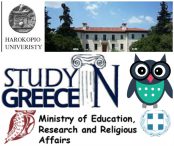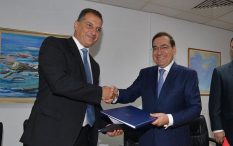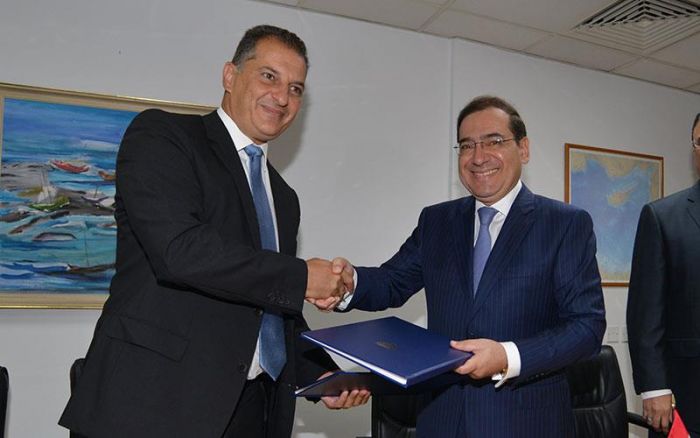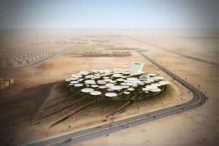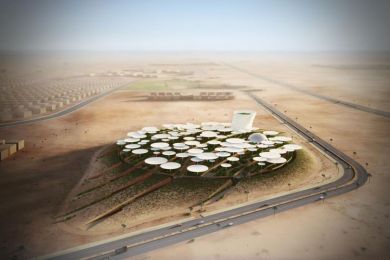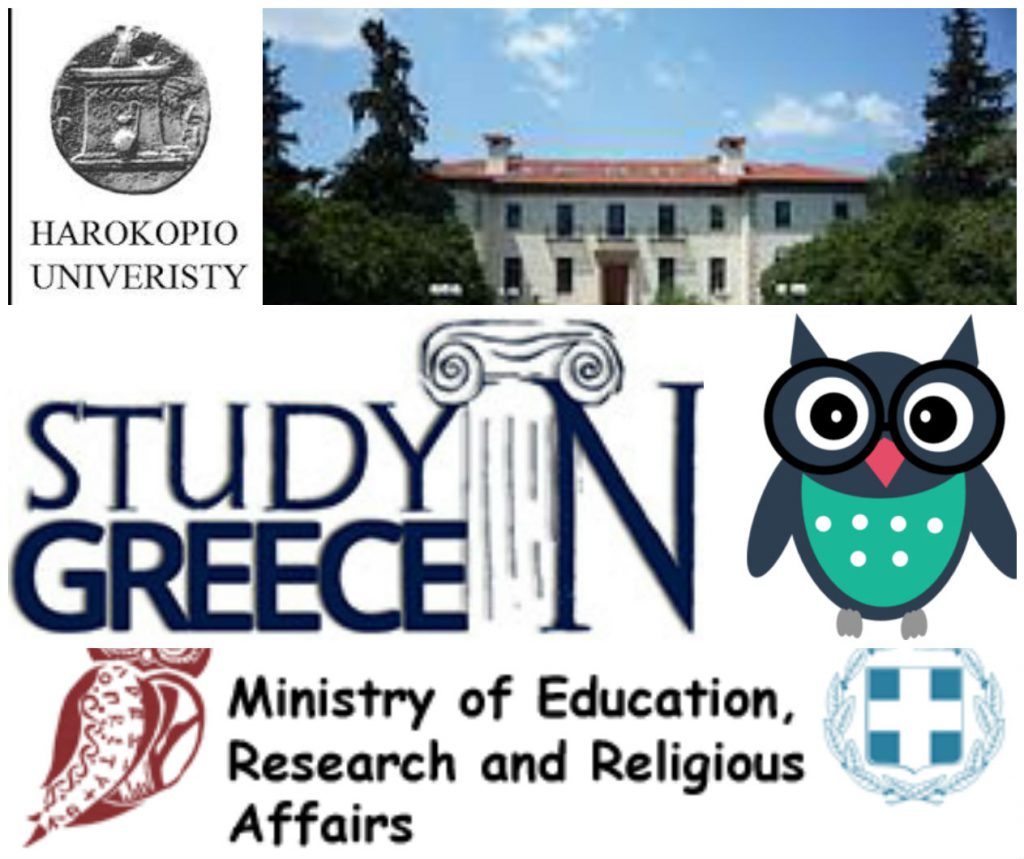 A new project called “Study in Greece” has been launched by a group of faculty members from the Department of Informatics and Telematics, of Harokopio University, with the help of students (international and Greek) who worked on a volunteer basis, in order to bring the project to life. Their aim was to provide information, support and advice to both international students who wish to study in Greece for a higher education degree, as well as to existing international students, addressing in this way, the most important issues faced by international students while applying, registering and settling in Greece.
A new project called “Study in Greece” has been launched by a group of faculty members from the Department of Informatics and Telematics, of Harokopio University, with the help of students (international and Greek) who worked on a volunteer basis, in order to bring the project to life. Their aim was to provide information, support and advice to both international students who wish to study in Greece for a higher education degree, as well as to existing international students, addressing in this way, the most important issues faced by international students while applying, registering and settling in Greece.
So the main focus of the “studyingreece” group was to gather all necessary information that would allow prospective students to not only navigate their way through existing academic programmes on offer but to also understand the conditions for foreign students living in a friendly and safe destination such as Greece. This way, students who are interested in pursuing post-graduate studies in Greece can search the catalogue of specialized study programmes taught in English or directly contact the international relations offices of the Higher Education Institutes listed in the relevant section. A very comprehensive list for beginners wanting to embark on their new life in Greece comprises many interesting sections, such as the main characteristics of the country, interesting destinations, archaeological sites, monuments and museums to visit, as well as data about Greek gastronomy, the cost of living, facts concerning international students living in Greece , health and safety issues, contacts for embassies and visa details . But the most useful tool this platform offers is without a doubt the section Education Institutes, where one can simply type a word reflecting the area of studies he/she wishes to explore and a full list in English of programmes/ universities/ departments and cities corresponding to the search word appears.
Whilst this is truly a remarkable project, its importance does not lie only in the support it provides to prospective international students wishing to explore their academic horizons in Greece. It mainly contributes to the international spread of Greek culture, it promotes Greece as a destination for higher studies among international students, and it even includes support to refugees and people seeking international protection by offering suggestions regarding ongoing educational programmes, updates on plans by the Greek State to provide support to the educational needs of refugees, including special courses, e-learning platforms and summer schools.
Harokopio University has been long known for its contribution to research development aiming to promote the results on scientific knowledge and public health, as well as to improve the economic and social development of the country. It is the 18th state University established in Greece, named after the national benefactor Panagis Harokopos, who envisioned an educational institution with excellent building facilities and equipment, in harmony with the natural environment, which could offer contemporary science. Today, the University comprises three Schools (School of Environment, Geography and Applied Economics/ School of Health Science and Education/ School of Digital Technology), and four Undergraduate Departments (Department of Home Economics and Ecology / Department of Geography / Department of Nutrition and Dietetics / Department of Informatics and Telematics) as well as four postgraduate programs on Sustainable Development / Applied Nutrition and Dietetics / Applied Geography and Spatial Management and Education and Culture.
